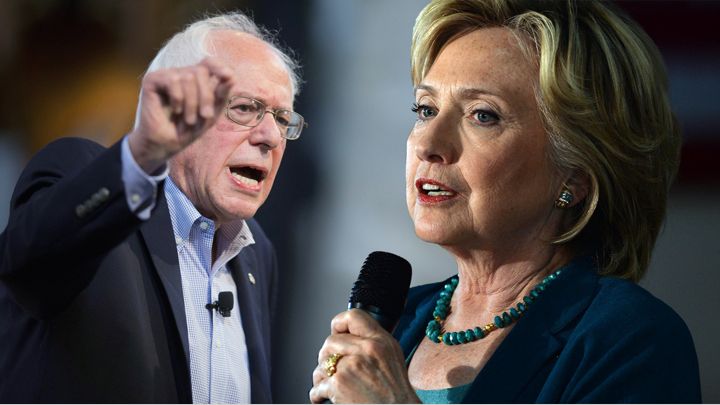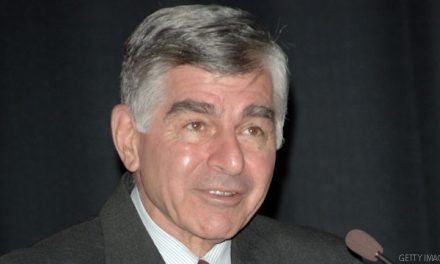By Amy Davidson-The New Yorker
When Bernie Sanders took the stage in Salem, Oregon, on Tuesday night, after winning the West Virginia primary—“a big, big victory” and “a tremendous victory,” he called it—he had a look on his face of pure delight. The crowd of a few thousand cheered almost every one of his lines; he threw back his head with a broad grin, and declared the town “ready for a political revolution.” To put it more precisely, they, and Sanders, did not sound ready for this campaign to stop. Hillary Clinton has won more pledged delegates than he has and, with the superdelegates who have promised to support her, she is closer than ever to securing the Democratic Presidential nomination. (West Virginia gives out delegates proportionally, so she got some, too.) It would take not only a Sanders surge but a Clinton crash for that to change. Perhaps that’s what Sanders is waiting for. One of the puzzles of the Democratic primary race, which the West Virginia results did little to untangle, is whether voters are more driven by what and whom they are for or by what they are against—and what they simply can’t abide.
“West Virginia is a working-class state,” Sanders said, in explaining his victory, and “working people are hurting.” That is true, profoundly so. And Sanders has a set of policy proposals (against free trade, for reducing the cost of college and health care and raising taxes on the wealthy) that resonate with them. Clinton has, as a direct result of his challenge, moved or fortified her own positions on issues like increasing the minimum wage. On Tuesday, she came out with new proposals for expanding Medicare and access to child care. But the campaign isn’t as simple as that. In West Virginia, Sanders won slightly more than fifty-one per cent of the vote. (According to exit polls, he won sixty-five per cent of the voters forty-four and younger.) Clinton only got thirty-six per cent (and twenty-four per cent of younger voters). Paul Farrell, a West Virginia lawyer who had said that he was running because both Clinton and Sanders were too liberal, got nine per cent—which is what Ted Cruz, who has suspended his campaign (but hinted on Tuesday that he could unsuspend it), got on the Republican side. (Trump got seventy-six per cent of the Republican vote—another lift of his ceiling—and sixty-one per cent in Nebraska.) Keith Judd, a felon who, notoriously, got forty-one per cent of the West Virginia primary vote against an incumbent Barack Obama, in 2012, got 1.8 per cent, putting him just ahead of Martin O’Malley. Clinton did worse with moderates than Sanders did. According to a CBS exit poll, a third of Democratic primary voters said that they would vote for Trump in the general election over either Clinton or Sanders. (Independents could vote, and some may have been brought in by other races on the ballot.) Only six per cent of West Virginians of either party said that the prospect of a Trump Presidency left them “scared.” West Virginians are brave people.



















